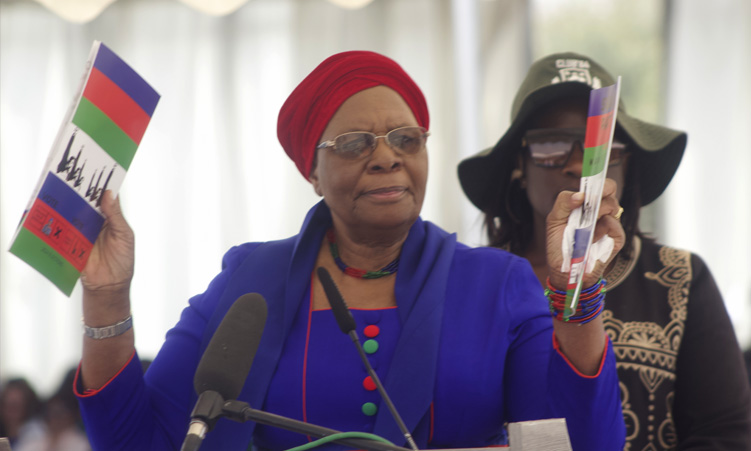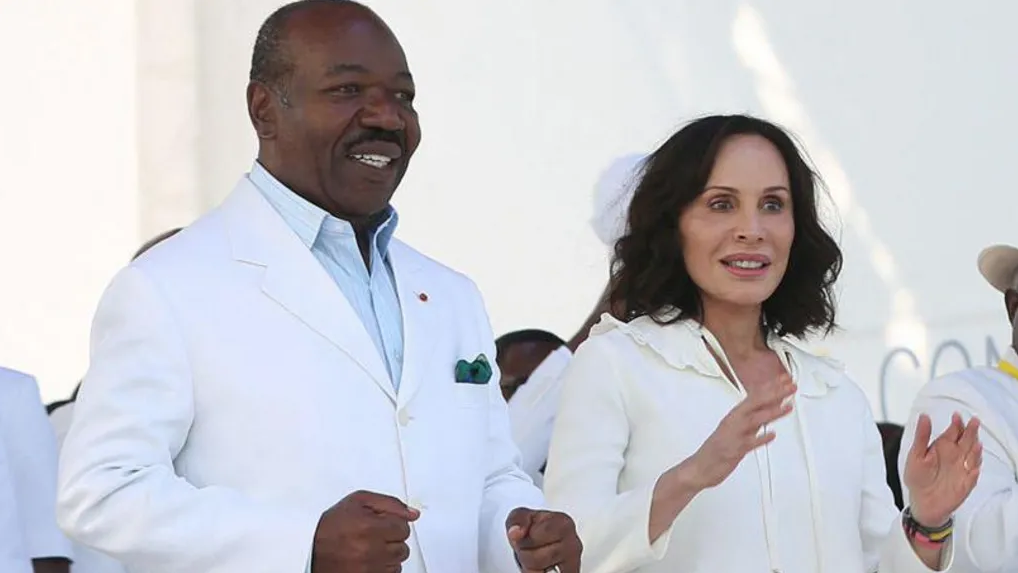Swapo vice president Netumbo Nandi-Ndaitwah says the party will develop an implementation action plan to effectively implement the party’s manifesto.
Nandi-Ndaitwah says the action plan will be cascaded into the annual plans of government offices, ministries and agencies.
She said this while launching the party’s manifesto in Windhoek on Saturday.
“Swapo will conduct workshops on the manifesto with key players at the commencement of the new administration to ensure buy-in and collective ownership of the proposed programmes,” she said.
Nandi-Ndaitwah said the party will develop a monitoring and evaluation plan with clear indicators to be monitored.
“We will conduct a comprehensive mid-term evaluation of the implementation of this manifesto and present a performance report to the 8th Swapo Party Ordinary Congress, in 2027,” she said.
Political analyst Ben Mulongeni welcomes the idea of the action plan, but says he has doubts on how it will be implemented by the current Swapo leadership.
“Most of the members of the central committee and the politburo do not form part of the list that is going to parliament, which means the team she will be sitting with at the party headquarters is different from the team she sits with at Cabinet,” he says.
Mulongeni says the implementation of the manifesto has been a painful call for years, which was never practised by neoliberal ministers in the government.
“The party and the government have been way apart for years,” he says.

“The party is forgotten after the congress and after the elections. That’s why you have party leaders contradicting the manifesto by saying natural resources do not belong to Namibians,” he says.
Political analyst Ndumba Kamwanyah says Swapo should involve key players early in the planning process to allow them to take ownership.
“There should be clear communication and assigning responsibilities, and offering incentives for successful implementation can also encourage buy-in. Regular progress checks and feedback sessions will keep them engaged,” he says.
“Addressing potential resistance requires listening to concerns and adjusting plans where possible. Workshops can focus on highlighting the benefits, offering practical solutions to challenges and providing training or support,” he adds.
Kamwanyah says this will ensure that key players feel their input is valued and that they are partners in the process.
“Swapo can keep the plan adaptable by building in regular reviews and flexibility for adjustments. Monitoring and evaluation mechanisms should allow for feedback and changes can be made in response to emerging challenges or opportunities,” he says.
Kamwanys says there may be issues with coordination and ensuring consistent commitment to the manifesto across all ministries and agencies, adding that capacity gaps and political dynamics could further complicate implementation.
Meanwhile, political observer Kae Matundu-Tjiparuro says civil servants should not be expected to implement the manifesto of any political party.
“What should happen instead, is for the incoming government to translate whatever ideals and aspirations are in its manifesto into policies and subsequently, into laws as enacted by parliament,” he says.
“Otherwise, in terms of governance, it is inconceivable how manifestos can be implemented or are implementable unless their ideals are translated into policies and subsequent acts,” says Matundu-Tjiparuro.
Former ambassador Pius Dunaiski says Swapo has implemented a cadre deployment policy in a major way since independence.
“It would be difficult to infuse election promises into hard realities. Lack of the required human and financial resources will cripple such over the moon pledges intended to merely attract votes,” he says.
Stay informed with The Namibian – your source for credible journalism. Get in-depth reporting and opinions for
only N$85 a month. Invest in journalism, invest in democracy –
Subscribe Now!






